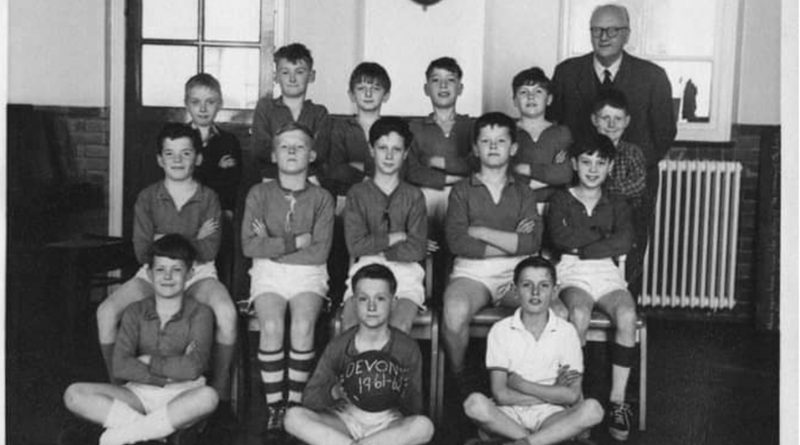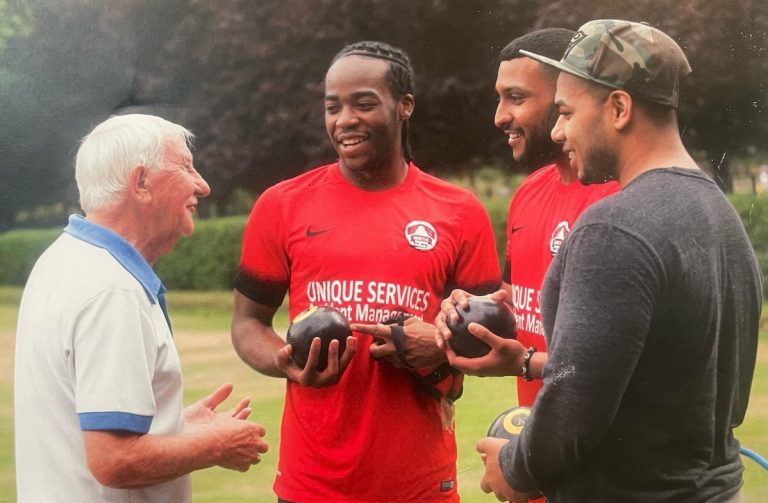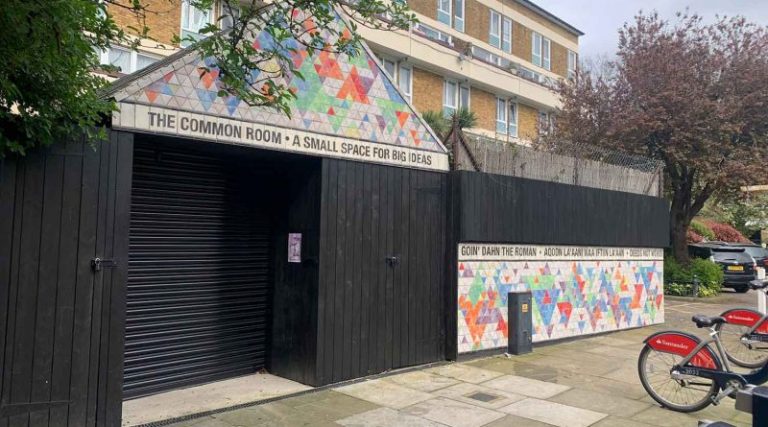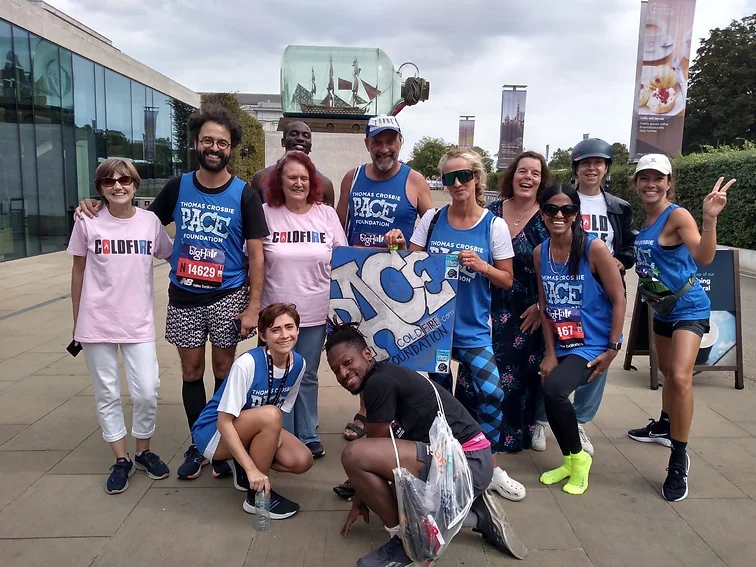Memories and experiences of Clara Grant’s Farthing Bundles
Farthing bundles and bombsites: three people speak of their experiences of receiving Clara Grant’s farthing bundles.
East End legend and Bow resident, Clara Grant’s Farthing Bundles have put a smile on the face of thousands of East End children in the early part of the twentieth century.
Grant, a headteacher at Devons Road Infant School (now Clara Grant Primary School), dedicated her life to tackling child poverty; she set up the Fern Street Settlement, a community action organisation for the East End’s working class.
Alongside many of her pioneering social initiatives, one of her most famous and renowned was a weekly ceremony where children were given a bundle of gifts in exchange for a farthing, the smallest coin in circulation at the time. These ‘farthing bundles’ led to her moniker of The Bundle Woman of Bow.
The farthing bundle ceremony started in 1907, and continued right through the Depression of the 1930s, the Second World War, and well into the 1980s, years after her death.
The farthing bundles brought hope and love to children who lived in hard times and may not otherwise have received gifts. These small but powerful gifts of kindness have been seared into the hearts of many, with many holding onto their treasured gifts and memories. To this day, Grant’s farthing bundles remain dear to many.
Below are three people’s memories and experiences of receiving farthing bundles and what such a small but significant act of kindness meant to them.
Jim Westlake, 70, lived in a two-up, two-down on Fern Street with his parents and two brothers from 1951 until 1965. His family moved to Hastings in Kent, a year before their house was demolished.
‘You gotta remember, and this is going to sound really odd, but no one had anything. You had nothing and that was really what it was like. I know you hear people say it, but we really did. And for us, every Sunday, you look forward to getting out, going outside because we lived two to three doors down (from the bundles).
‘We was always the first ones there. You just looked forward to getting those little toys. That’s all they was, silly little toys that mean nothing to people nowadays, they’d throw them away but, because we had nothing, it was just a joy.
‘Sunday morning was the one morning where mum didn’t have to call us: we was up, we was dressed, we was ready, we was out the door as soon as they put that that big arch there. We was the locals, the usual ones. I’d get together with the same little mob of friends that all lived in the same road, so you’d all be first in the queue to get the top bundle – you always thought that the top bundles was the best.
‘I think it was around about 10 o’clock when they opened because then you had to go to church afterwards. We had Sunday school, literally at the bottom of Fern Street, just across the road. We’d get up in the morning and you go to the bundles, get your little toy, and it was just exciting to see what you was going to have. And then, obviously, after that you got changed and you went to Sunday school.
‘Some of the funny things that happened was when you got people that was too tall to go under the arch. When I was getting taller, I cheated and bent my knees a bit. The adults would give you that sly look and just give you a little nod of “go on,” and you’d go for it.
‘I keep saying you had nothing, but you really had nothing. Our playgrounds was bombed houses, you ran around the houses, and played wars and things like that as a kid. So, you can imagine the joy of having a toy every Sunday morning.’
Jim Knight, 67, lived on Rounton Road with his parents and grandmother from 1954 until 1961 when the council moved them into new housing on Devons Road.
‘I remember my house and living in the area and it feeling grey and colourless, and I remember rain, lots of rain. But the one highlight of my week between the ages of about four and seven was going to the farthing bundles. I remember the arch that you had to go through to receive your bundle and how sad I was when the time came when I couldn’t fit under the arch anymore. I must have been about seven because I got a certificate from Devons Road School for being the tallest boy in my class at seven.
‘But before then, when I was taken by my nan and my mum, I would go and collect my bundle and then sit on the edge of the pavement outside the Fern Street Settlement and having that excitement and joy of unwrapping it. We could get marbles or little dinky cars or plastic soldiers. It brought a lot to the East End.
‘We were a poor family at that time; we had tin baths we shared once a week, no central heating, and an outside toilet. It was ten years after the war, and there was still a lot of debris from the bomb sites, but the bundles were a little ray of sunshine for the children of the area. We were all in the same boat, we were working class.
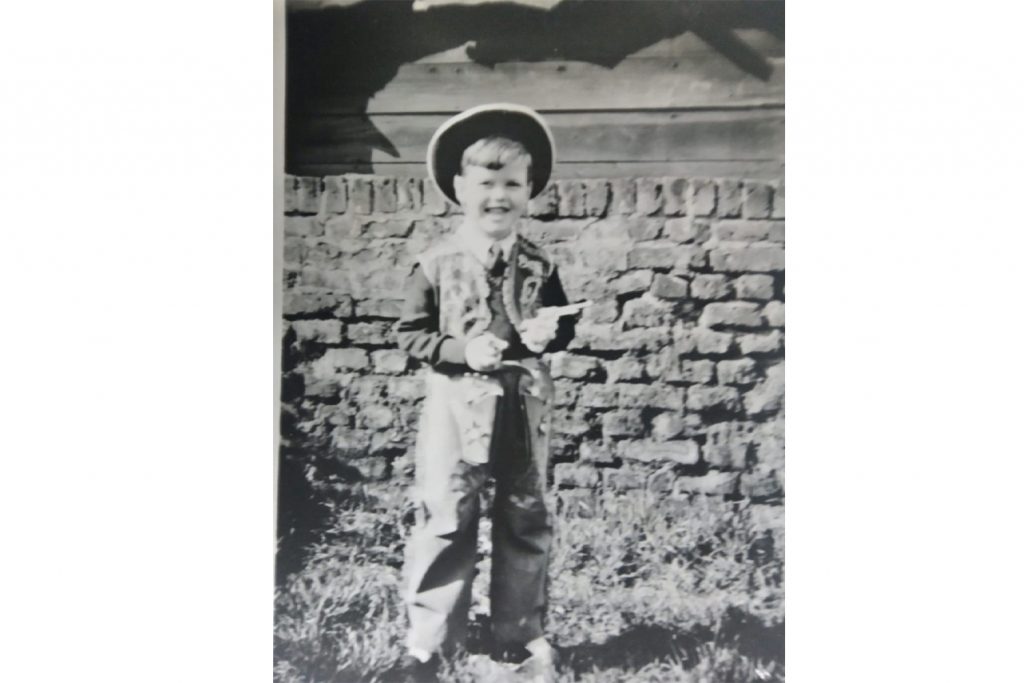
‘There was frustration when you were in the queue, watching other children get toys that were better than yours but that was always compensated the next week you know, it was swings and roundabouts. It didn’t matter what you got, it was always the joy of going there, the impatience of queuing, the joy of picking that newspaper item out of the box and then the excitement of actually unwrapping it to see what you got that week.
‘I got a collection of little soldiers from the bundles over the years. My dad actually built me a fort to house all the soldiers for one Christmas. I remember the sadness when I couldn’t take it to the new house. It was my treasured possession. The soldiers came but not the fort. They were happy days; we didn’t have much, but we did look forward to the farthing bundles.’
Leanne Mckenzie, 45, lived on Whitethorn Street with her mum and two brothers. She went to Fern Street Settlement’s farthing bundles from the late 70s, until in the mid-80s.
‘I’ve always known about the bundles. My mum used to go in the old days all the time before me. She told me about Clara and so there’s not been a time when I haven’t known about it all.
‘Every Saturday, we used to go there early, about 10 o’clock, something like that, and we used to come back and open our bundle and then my mum used to take us up Chrisp Street Market.
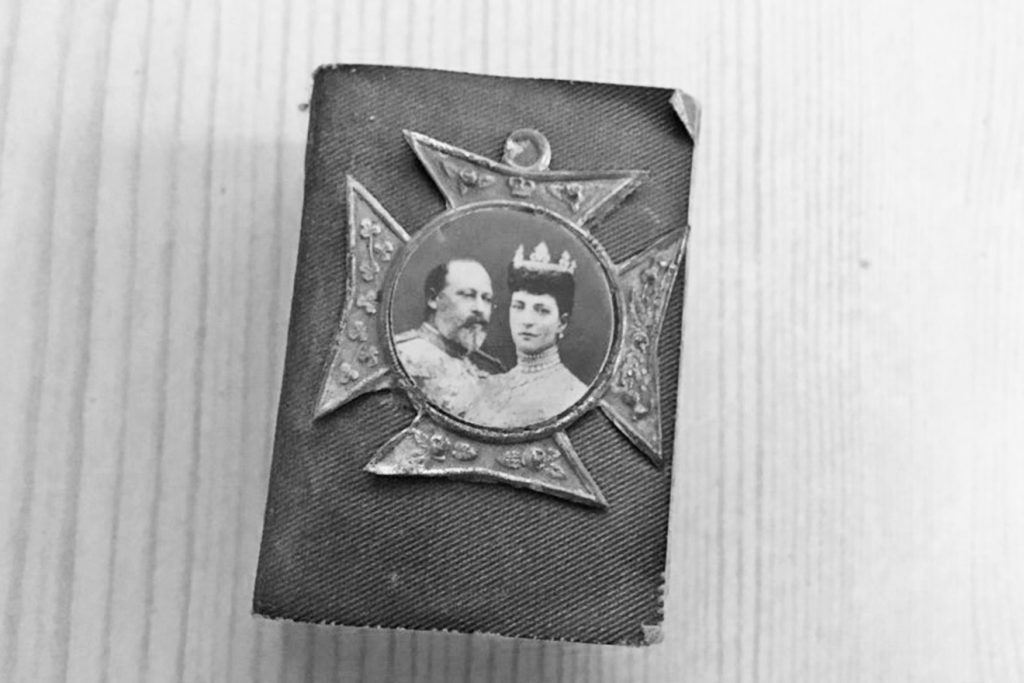
‘My friends from school, we all used to queue up outside until it was open. When you came out of the arch, there was a cardboard box on either side; boys bundles was in one, and the girls was in the other. It was newspaper wrapped up in a little piece of wool. We went home and see what we got in there and sometimes it was really good stuff. By the mid-80s, the bundles was 2p.
‘It was so exciting when they handed us the bundle and we run off with it. I still have one of my bundles; it’s a tiny bible with one of the old kings on it, about four inches big. I also got little teddy bears, jigsaws and ornaments. And my brothers got little matchbox toy cars.’
While decades have passed since Westlake, Knight and Mckenzie received their last farthing bundle, these little windows into their experiences show that the smallest acts of kindness and care are remembered for years.
If you’d like to share your farthing bundle memories, please contact us on hello@romanroadlondon.com or leave your comments below.
If you enjoyed this, then read our piece about Clara Grant, The Bundle Woman of Bow.

